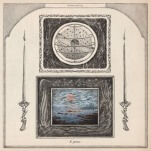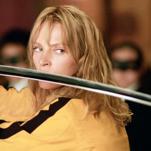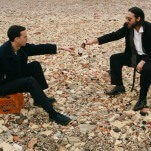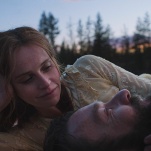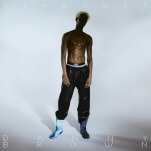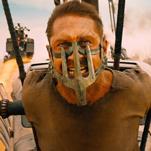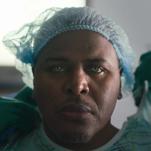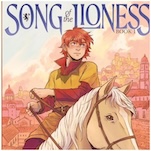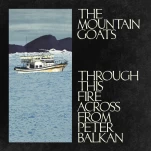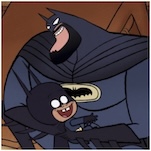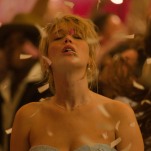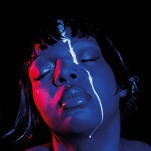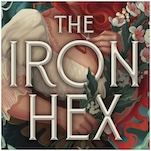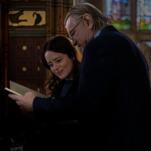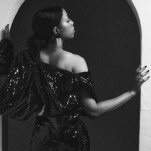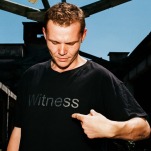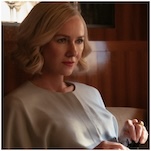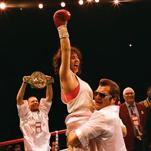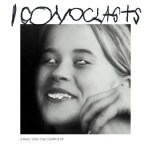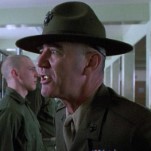James McAvoy and Sharon Horgan’s Performances Hold Their COVID Drama Together
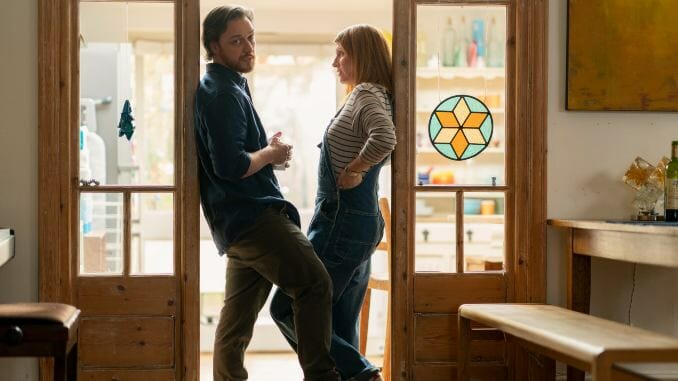
Early attempts at making movies that deal with the coronavirus pandemic couched their anxiety in genre as a form of emotional protection. Locked Down wasn’t just a grating farce, but one that also devolved into a sloppy heist. Songbird’s pessimistic dystopia went so far into a worst-case scenario as to be tastelessly ridiculous. Host, the most successful, openly grappled with isolation through an entity-summoning, video-called séance. At the core of these films is fear. Fear either metaphorically morphed into a malevolent ghost, plucking unsuspecting friends from their Zoom windows while the rest of us sit around watching helplessly, or overrun by narrative coping mechanisms. Social distancing? This was subject distancing, intended for our safety, and it rarely worked as intended. But Together, from director Stephen Daldry and writer Dennis Kelly, succeeds by candidly approaching the subject head-on—literally, as its two-handed drama starring a couple played by James McAvoy and Sharon Horgan is a moving, sharp and charmingly black-humored film of direct address.
-

-

-

-

-

-

-

-

-

-

-

-

-

-

-

-

-

-

-

-

-

-

-

-

-

-

-

-

-

-

-

-

-

-

-

-

-

-

-

-





